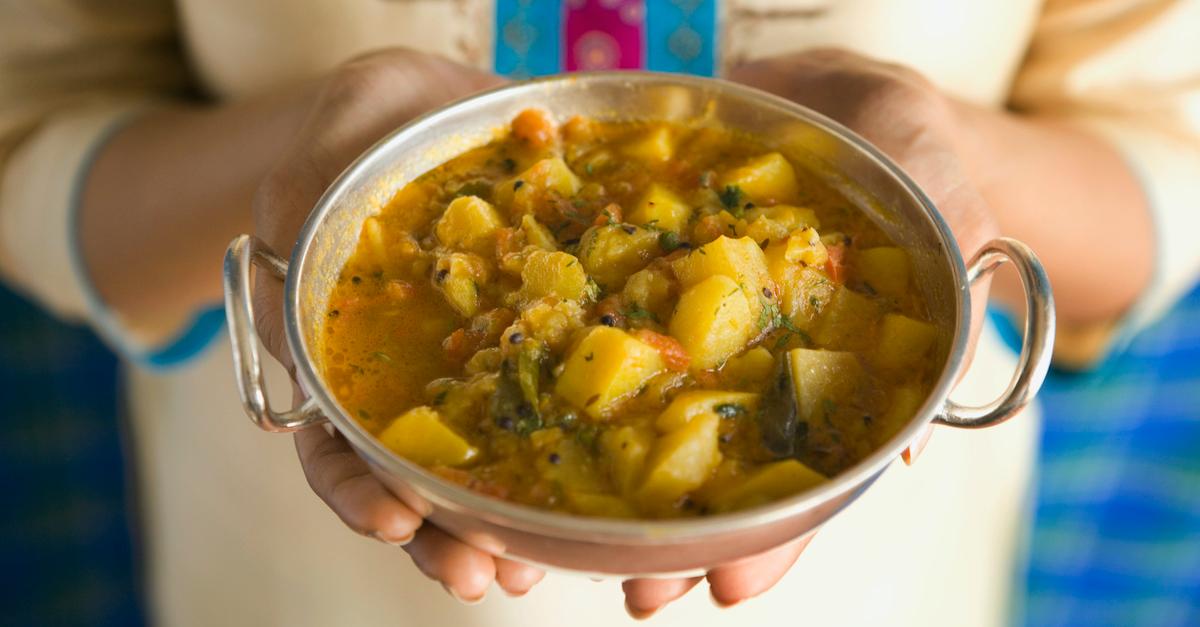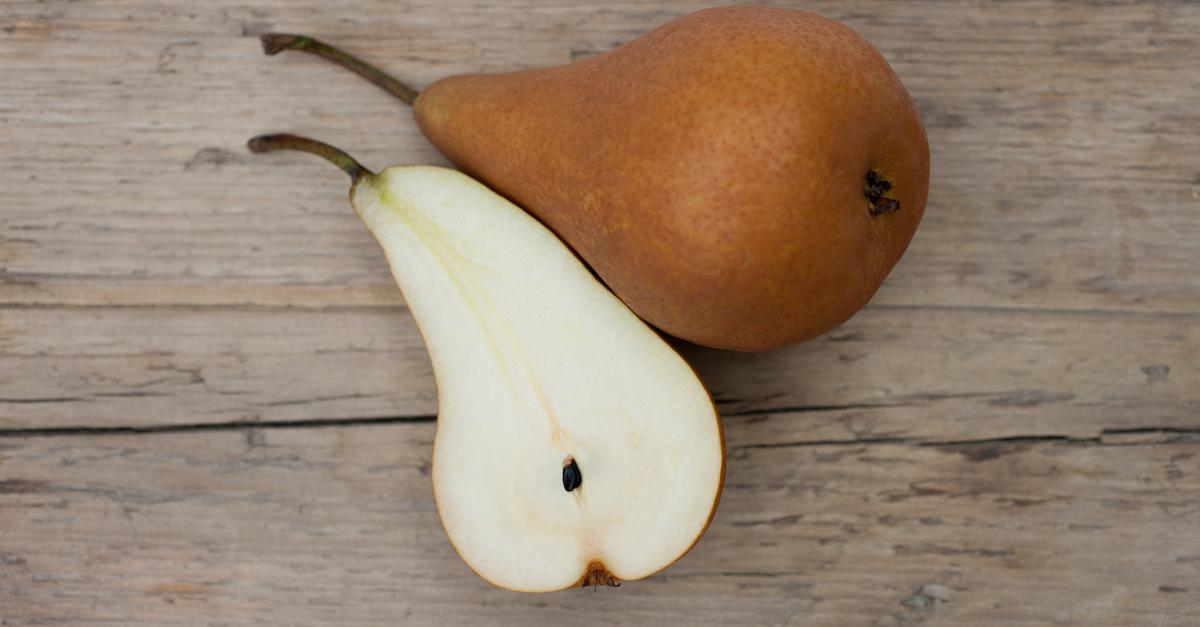How An Expert Approaches the Yin-Yang Dietary Philosophy (Exclusive)
Updated April 15 2021, 9:29 a.m. ET

Food plays a crucial part in your daily existence, and in terms of your overall well-being. Determining what foods do and don't work for your body type can be tricky, though it's a crucial part of finding inner balance — and that's exactly what the yin-yang Chinese philosophy is all about. "Yin" foods are better for certain body types, establishing balance, or "qi," while "yang" foods are better for others. Likewise, "neutral" foods are thought to bring your body qi, regardless of your "type."
Ready to learn more about this fascinating subsect of Chinese medicine? Delving into the study of yin-yang foods and abiding by the "rules" has been revolutionary for many people for well over 2,000 years.

Yin bodies require yang foods.
Determining if your diet should include more yin or yang foods entirely depends on your body type — those who identify with having a yin body type, according to Acufinder, tend to be thinner with more pale complexions, and they generally don't sweat very often, or get particularly thirsty. Yin body types also get cold easily and are prone to feeling depressed (especially in cold weather).
Yin bodies are often associated with dampness, and suffer from moisture-related ailments — they dislike humidity, and can easily become bloated due to fluid retention. In the winter or in cold weather, yin bodies are very prone to geting a stuffy nose, and their health overall tends to get worse in damp weather. Vegetarians and plant-based eaters tend to fall under the "yin" category.
Yin bodies tend to gravitate toward — and benefit from — warming, hearty "hot" yang foods, which include: stews and soups, cooked root vegetables, baked winter squash, baked tofu, boiled spinach, oatmeal, quinoa, and buckwheat. Butter, cinnamon, garlic, ginger, turmeric, and pepper are also deemed "warming." Raw foods, on the other hand, should be eaten in moderation, as should frozen deserts and iced beverages. They also benefit from regular aerobic exercise.

Likewise, yang bodies benefit from yin foods.
As described by mindbodygreen, the yang body type is generally "robust, sturdy, and energetic." Yang bodies are highly energetic, prone to sweating, and tend to turn red, especially in the summertime. They thrive in cool weather, and start to suffer when it gets hot — common ailments in yang bodies include dry skin and dandruff, dry throats, and constipation, and they tend to get easily frustrated or irritated.
Yang bodies benefit from cooked — but a few fried — "cooling" yin foods. It's recommended for yang bodies to consume higher amounts of fruits and vegetables, especially bitter greens, along with: melons, pears, beans, sprouts, mild soups, mint, sushi, and more water. Garlic, ginger, and onions should be avoided, for the most part, as should sugar and alcohol. Yang bodies generally benefit from anaerobic exercise, such as yoga, swimming, and long walks outside.

Then, there are neutral foods.
There are a variety of neutral foods that tend to establish qi, regardless of your body type. According to Herb Smith, these include beetroots, green beans, carrots, peas, pumpkin, shiitake mushrooms, brown rice, lentils, pineapples, pomegranates, raspberries, cheese, eggs, flaxseeds, peanuts, and sesame seeds.
Although abiding by the yin-yang philosophy won't necessarily fix any ailments, it could ultimately make you feel better. Talk to your doctor and try it out — it could ultimately balance your life more than you'd think.

So, how does a Chinese medicine practitioner apply the yin-yang food philosophy to their work?
Green Matters spoke with Doctor of Oriental Medicine, Acupuncturist, Diplomat of Oriental Medicine, and founder of Hanover Acupuncture & Wellness in Ashland, Va., Lindsey Rushmore, to discuss how she applies the yin-yang philosophy to her client's diets, and she says it isn't black and white.
"I never try to 're-work' a patient's diet to a purely Chinese medicinal diet... it's too overwhelming, and they'd really have to understand the medical theory and all the food properties," she tells us.
"Each patient is a very individual mix of imbalances of yin and yang, cold and heat, damp and dry, excess and deficiency, etc., so one size does not fit all," she explains. "I also give them more bite-sized tips to go by. For example, avoiding too many "cold" foods and why, and how to spot cold foods."
Bottom line? Balance is key. Some patients may experience a slight imbalance of yin or yang foods, and incorporating some — but not an overwhelming amount of hot or cold foods could be advantageous in the long run.